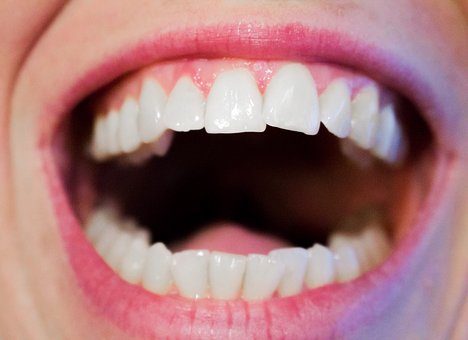Endodontics is a specialized area of dentistry that deals with diagnosing, preventing, and treating problems related to the dental pulp and the tissues surrounding the roots of the teeth. The word “endodontics” comes from Greek, where “endo” means inside and “odont” means tooth, highlighting the focus on the inner structures of the teeth.
The Importance of Endodontics
The dental pulp, found in the deepest part of the tooth, contains nerves, blood vessels, and connective tissues. It is vital for tooth development and nourishment. However, if the pulp becomes infected or inflamed due to deep decay, repeated dental work, cracks, or trauma, it can result in severe pain, swelling, and probably tooth loss if not treated. Endodontics plays a crucial role in preserving natural teeth by effectively addressing these issues.
Role of an Endodontist
Endodontists are Dental Specialists who are trained to diagnose and manage complex issues related to root canals. They receive additional education and training beyond general dentistry to master advanced techniques for treating diseases of the dental pulp. Their main responsibilities include:
Performing Root Canal Therapy – This is the most common procedure in endodontics, which involves removing infected pulp, cleaning the root canal, and sealing it to prevent further infection.
Diagnosing Tooth Pain – Endodontists are experts in determining the causes of Constant tooth pain that may stem from nerve damage, fractures, or hidden infections.
Treating Traumatic Dental Injuries – Injuries or accidents can damage the pulp. Endodontists offer specialized treatments to save the affected tooth.
Retreatment of Failing Root Canals – If a previous root canal treatment does not succeed, an endodontist can perform a retreatment to restore the tooth’s health.
Apicoectomy (Root-End Surgery) – In situations where traditional root canal treatment is not effective, an apicoectomy is performed to remove infected tissue.
Benefits of Endodontic Treatment
Preserves Natural Teeth – Instead of removing the affected tooth, endodontic treatment allows you to keep the original structure, which helps maintain both oral function and appearance.
Relieves Pain and Discomfort – By addressing the infection, patients often find significant relief from dental pain.
Prevents Spread of Infection – Getting treatment in a timely manner stops the infection from spreading to nearby teeth and the surrounding bone.
Enhances Oral Health – Keeping your natural teeth helps promote better long-term oral health and overall well-being.
Conclusion
Endodontics is essential in modern dentistry, ensuring that damaged or infected teeth can be treated rather than extracted. By concentrating on the health of the dental pulp, endodontists assist patients in preserving their natural smiles, avoiding complications, and enhancing their quality of life. If you are experiencing severe tooth pain or think you might have an infection, seeking prompt endodontic care can significantly impact your oral health.




